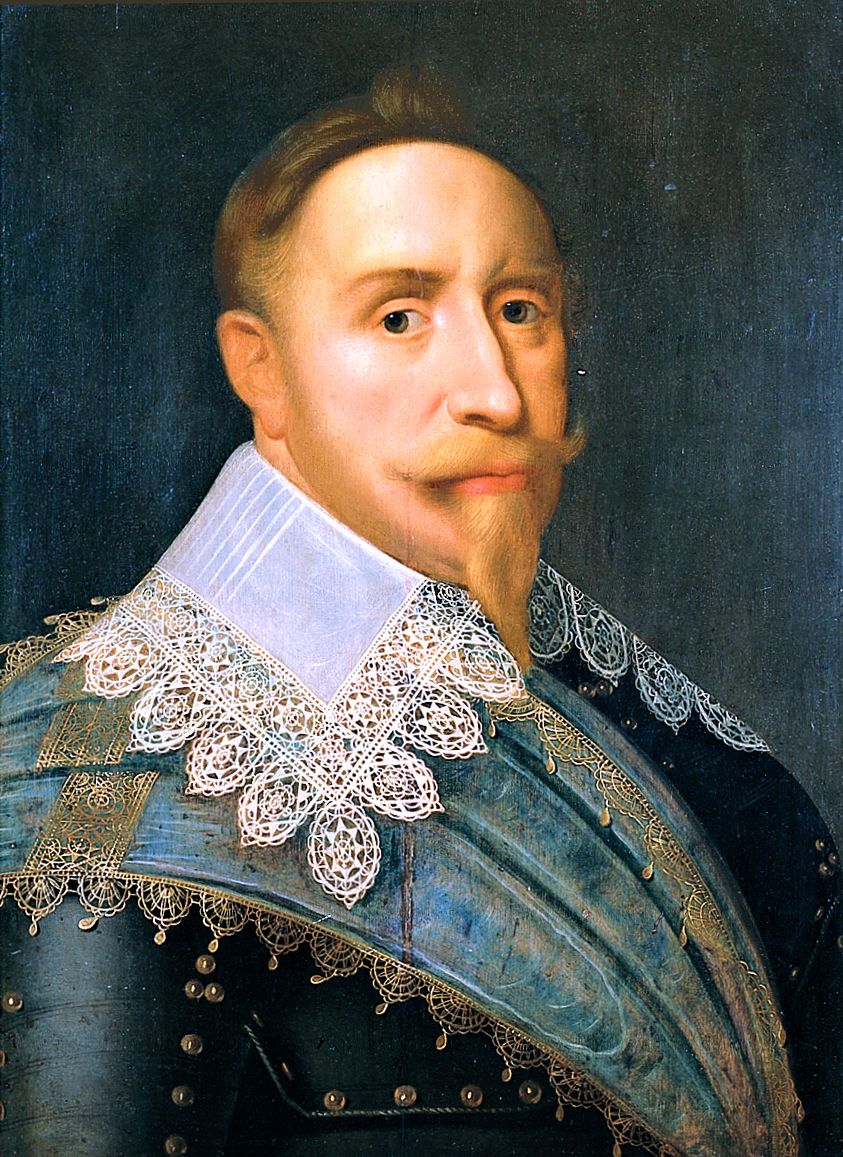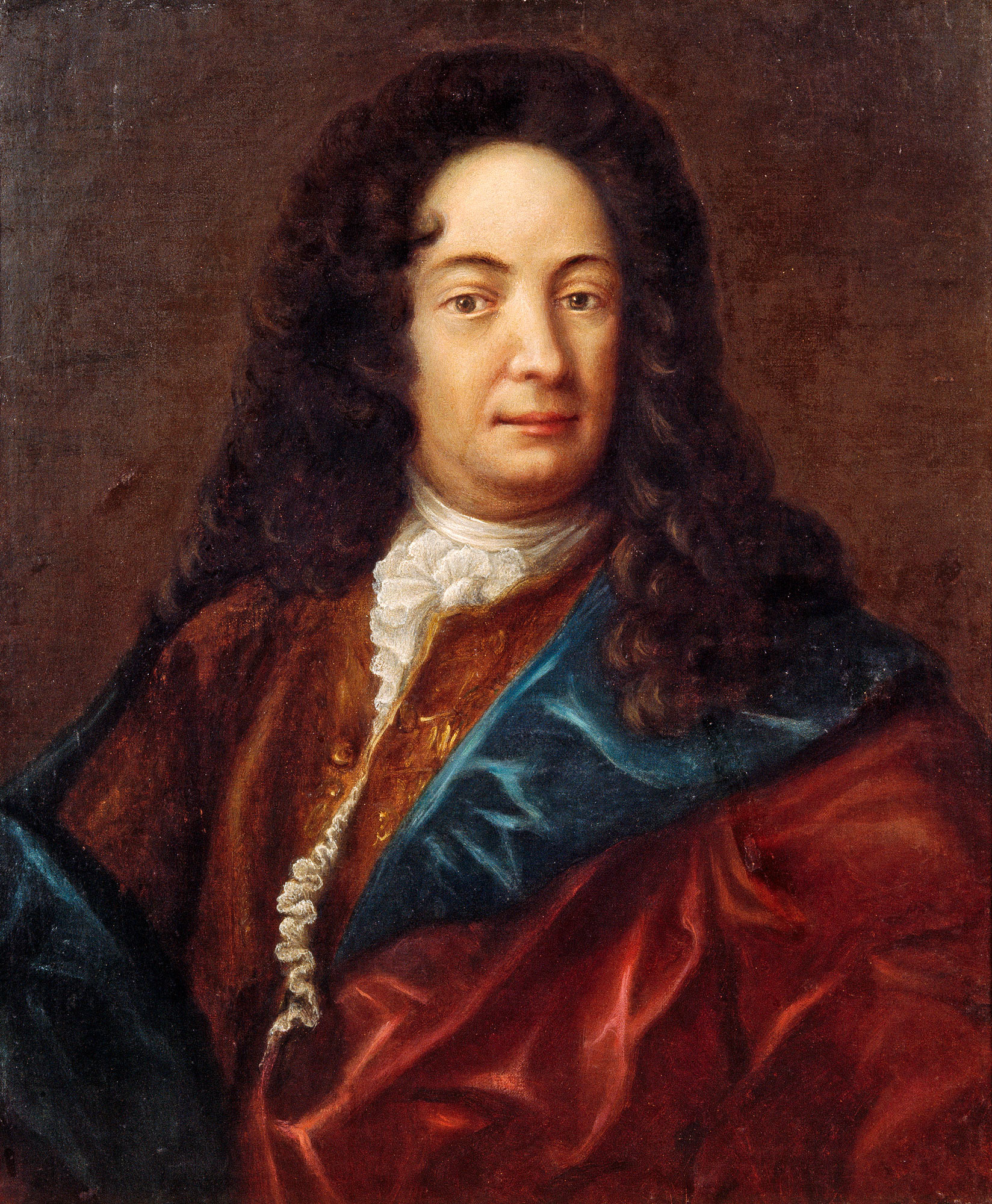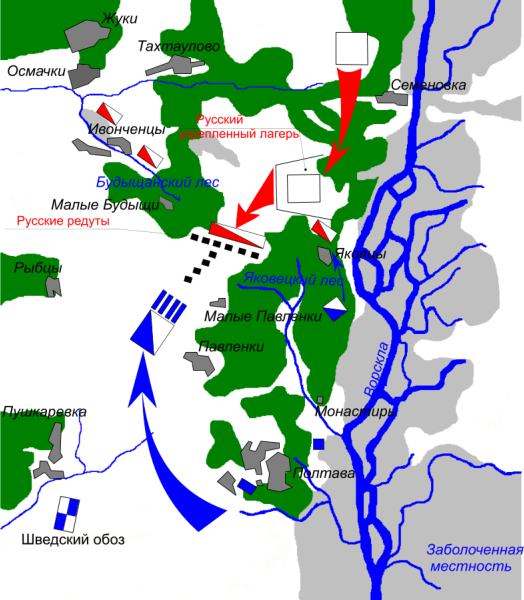|
Rutger Fuchs
''Friherre'' Rutger Fuchs (2 April 1682 – 10 April 1753) was a Swedish army officer and politician who served as Governor of Stockholm from 1739 until his death in 1753. A soldier during the Great Northern War, Fuchs is best remembered for his role during the Battle of Stäket in 1719 where he stalled a Russian landing force intending to raid Stockholm. Biography Rutger Fuchs was born on 2 April 1682 in Malmö. His parents were Christian Fuchs and Susanna Eleonora Leijonsten. In 1699, at the age of seventeen, Fuchs joined the army as a volunteer in the Swedish Life Regiment of Foot. The following year, he served as an ensign in the Västgöta Three-''Männing'' Regiment. He was promoted to lieutenant in 1702 and then to the rank of captain in 1704. That same year Fuchs was apart of a Västgöta battalion that was sent to help relieve the city of Narva, which was once again besieged by the Russians. The relief force failed to reach Narva and had to travel by sea to Reval. Fuc ... [...More Info...] [...Related Items...] OR: [Wikipedia] [Google] [Baidu] |
Freiherr
(; male, abbreviated as ), (; his wife, abbreviated as , ) and (, his unmarried daughters and maiden aunts) are designations used as titles of nobility in the German-speaking areas of the Holy Roman Empire, the Austro-Hungarian Empire and in its various successor states, including Austria, Prussia, Bavaria, Liechtenstein, Luxembourg, etc. Traditionally, it denotes the titled rank within the nobility above ' (knight) and ' (nobility without a specific title) and below ' ( count or earl). The title superseded the earlier medieval form, '. It corresponds approximately to the English baron in rank. The Duden orthography of the German language references the French nobility title of ''Baron'', deriving from the Latin-Germanic combination ''liber baro'' (which also means "free lord"), as corresponding to the German "Freiherr"; and that ''Baron'' is a corresponding salutation for a ''Freiherr''. Duden; Definition of ''Baron, der'' (in German)/ref> ' in the feudal system The title ... [...More Info...] [...Related Items...] OR: [Wikipedia] [Google] [Baidu] |
Kotlin Island
Kotlin (; ) is a Russian island, located near the head of the Gulf of Finland, west of Saint Petersburg in the Baltic Sea. Kotlin separates the Neva Bay from the rest of the gulf. The fortified city of Kronstadt is located on the island and forms part of a World Heritage Site that is Historic Centre of Saint Petersburg and Related Groups of Monuments, ''Saint Petersburg and Related Groups of Monuments''. The island serves as a gateway to Saint Petersburg and as such has been the site of several military engagements. History The island is mentioned in the 13th century treaty of Novgorod with Hanseatic League and Gotland, once as "Kotlign" and twice as "Kotling". The city of Kronstadt was founded on Kotlin island by Peter the Great, who took it from the Sweden, Swedes in 1703. In March 1921, Kotlin was the site of the Kronstadt rebellion, which resulted in over 11,000 casualties. Off Kronstadt is Fort Alexander (Saint Petersburg), Fort Alexander, an artificial island that housed a ... [...More Info...] [...Related Items...] OR: [Wikipedia] [Google] [Baidu] |
Överste
Colonel (Col) (, öv) is the most senior field grade military officer rank in the Swedish Army and the Swedish Air Force, immediately above the rank of lieutenant colonel and just below the rank of brigadier general. It is equivalent to the naval rank of captain in the Swedish Navy. History ''Överste'' ("Colonel") is the name for the highest regimental officer rank. The name, sometimes in the connection with ''häröverste'' ("army colonel") and also ''generalöverste'' ("colonel general"), is as old as a standing army, that is, from the end of the Middle Ages. During the 16th and 17th centuries, a famous soldier was commissioned to recruit a regiment and was then appointed colonel at the head of it. The regiment was thus the colonel's belonging; he appointed, among other things, its officers. To the extent that the recruitment was immediately taken over by the state, the colonels began to be appointed by the king as well as the other officers. Even today, the colonel is us ... [...More Info...] [...Related Items...] OR: [Wikipedia] [Google] [Baidu] |
Uppland
Uppland is a historical province or ' on the eastern coast of Sweden, just north of Stockholm, the capital. It borders Södermanland, Västmanland and Gästrikland. It is also bounded by lake Mälaren and the Baltic Sea. The name literally means ''up land'', a name which is commonly encountered in especially older English literaturer as ''Upland''. Its Latinised form, which is occasionally used, is ''Uplandia''. Uppland is often called called the province of "castles, ancient remains and runestones" and is famous for having the highest concentration of runestones in the world, with as many as 1,196 inscriptions in stone left by the Vikings. Many of its castles and places of historical interest include Drottningholm Palace, Skokloster Castle, Salsta Castle, the medieval Uppsala Cathedral, where many royals are buried, and Uppsala Castle. Famous people from the region include Ingmar Bergman, St. Bridget of Sweden, Carl Linnaeus, Anders Celsius and Gustav Vasa. It ... [...More Info...] [...Related Items...] OR: [Wikipedia] [Google] [Baidu] |
Wismar
Wismar (; ), officially the Hanseatic City of Wismar () is, with around 43,000 inhabitants, the sixth-largest city of the northeastern German state of Mecklenburg-Vorpommern, and the fourth-largest city of Mecklenburg after Rostock, Schwerin and Neubrandenburg. The city was the third-largest port city in former East Germany after Rostock and Stralsund. Wismar is located on the Bay of Wismar of the Baltic Sea, directly opposite the island of Poel, that separates the Bay of Wismar from the larger Bay of Mecklenburg. The city lies in the middle between the two larger port cities of Lübeck in the west, and Rostock in the east, and the state capital of Schwerin is located south of the city on Lake Schwerin. Wismar lies in the northeastern corner of the Hamburg Metropolitan Region, and is the capital of the district of Nordwestmecklenburg, Northwestern Mecklenburg. The city's natural harbour is protected by a promontory. The uninhabited island of Walfisch, lying between Wismar and the ... [...More Info...] [...Related Items...] OR: [Wikipedia] [Google] [Baidu] |
Royal Life Guards (Denmark)
The Royal Life Guards () is a mechanized infantry regiment of the Danish Army, founded in 1658 by Frederick III of Denmark, King Frederik III. The primary task is to provide a number of soldiers from the Guard Company (Denmark), Guard Company to serve as a Royal Guard, guard/ceremonial unit to the Danish monarchy, while training the Royal Guards for various functions in the mobilisation force. Until its disbandment, the Royal Horse Guards (Denmark), Royal Horse Guards (), served the role as the mounted guard/ceremonial unit, afterwards the role was taken over by Guard Hussar Regiment Mounted Squadron. During the time period 1684–1867, the Royal Life Guards were called The Royal Foot Guard (), in order to distinguish between the regiment and the Royal Horse Guards. History The Royal Life Guards were established by Frederik III of Denmark on 30 June 1658, the guards were both to protect Frederik and to be a combat troop regiment. Role The Royal Life Guards serve as a front ... [...More Info...] [...Related Items...] OR: [Wikipedia] [Google] [Baidu] |
Överstelöjtnant
Lieutenant colonel (LtCol) (, Övlt) is a field grade officer rank in the Swedish Armed Forces, just above the rank of major and just below the rank of colonel. It is equivalent to the naval rank of commander in the Swedish Navy. History Lieutenant colonel denotes the closest below the colonel's regimental officer rank. The term is almost as old as colonel and initially referred to his closest aides. Nowadays, the lieutenant colonel in a regiment in most armies has become the colonel's closest assistant. In Sweden, in peacetime he is sometimes battalion commander; in war as well as during major troop exercises he often commands regiments. Lieutenant colonels serves as commanding officer of a battalion or second-in-command of a brigade. As staff officers, lieutenant colonels serves as section heads, heads of function or qualified staff officer. Lieutenant colonels belong to skill levels C (Advanced) or D (Expert). Rank insignia Collar patches File:OF-4 Överstelöjtnant.jpg, ... [...More Info...] [...Related Items...] OR: [Wikipedia] [Google] [Baidu] |
Mecklenburg
Mecklenburg (; ) is a historical region in northern Germany comprising the western and larger part of the federal-state Mecklenburg-Western Pomerania. The largest cities of the region are Rostock, Schwerin, Neubrandenburg, Wismar and Güstrow. The name Mecklenburg derives from a castle named '' Mikilenburg'' (Old Saxon for "big castle", hence its translation into Neo-Latin and Greek as ), located between the cities of Schwerin and Wismar. In Slavic languages it was known as ''Veligrad'', which also means "big castle". It was the ancestral seat of the House of Mecklenburg; for a time the area was divided into Mecklenburg-Schwerin and Mecklenburg-Strelitz among the same dynasty. Linguistically Mecklenburgers retain and use many features of Low German vocabulary or phonology. The adjective for the region is ''Mecklenburgian'' or ''Mecklenburgish'' (); inhabitants are called Mecklenburgians or Mecklenburgers (). Geography Mecklenburg is known for its mostly flat countryside. M ... [...More Info...] [...Related Items...] OR: [Wikipedia] [Google] [Baidu] |
Swedish Pomerania
Swedish Pomerania (; ) was a dominions of Sweden, dominion under the Sweden, Swedish Crown from 1630 to 1815 on what is now the Baltic Sea, Baltic coast of Germany and Poland. Following the Polish-Swedish War, Polish War and the Thirty Years' War, Sweden held extensive control over the lands on the southern Baltic coast, including Pomerania and parts of Swedish Livonia, Livonia and Prussia (region), Prussia (''dominium maris baltici''). Sweden, which had been present in Pomerania with a Battle of Stralsund (1628), garrison at Stralsund since 1628, gained effective control of the Duchy of Pomerania with the Treaty of Stettin (1630), Treaty of Stettin in 1630. At the Peace of Westphalia in 1648 and the Treaty of Stettin (1653), Treaty of Stettin in 1653, Sweden received Western Pomerania (German ''Vorpommern''), with the islands of Rügen, Usedom, and Wolin, and a strip of Farther Pomerania (''Hinterpommern''). The peace treaties were negotiated while the Swedish queen Christina of ... [...More Info...] [...Related Items...] OR: [Wikipedia] [Google] [Baidu] |
Magnus Stenbock
Count Magnus Stenbock (22 May 1665 – 23 February 1717) was a Swedish field marshal (''Fältmarskalk'') and Privy Council of Sweden, Royal Councillor. A commander of the Caroleans, Carolean Army during the Great Northern War, he was a prominent member of the Stenbock family. He studied at Uppsala University and joined the Swedish Army during the Nine Years' War, participating in the Battle of Fleurus (1690), Battle of Fleurus in 1690. After the battle, he was appointed lieutenant colonel, entered Holy Roman Empire, Holy Roman service as Adjutant General, and married Eva Magdalena Oxenstierna, daughter of statesman Bengt Gabrielsson Oxenstierna. Returning to Swedish service he received colonelcy of a regiment in Wismar, and later became colonel of the Kalmar Regiment, Kalmar and then Dalarna Regiment, Dalarna regiments. During the Great Northern War, Stenbock served under King Charles XII of Sweden, Charles XII in his military campaigns in the Baltic and Polish fronts. As dire ... [...More Info...] [...Related Items...] OR: [Wikipedia] [Google] [Baidu] |
Major (Sweden)
Major (Maj) (, Mj) is a field grade military officer rank in the Swedish Armed Forces, above the rank of captain and below the rank of lieutenant colonel. It is equivalent to the naval rank of lieutenant commander in the Swedish Navy. History The rank of major was introduced in the middle of the 16th century in the Spanish and German armies, and its holders were assigned to the regimental commander. After the introduction of the battalion division, the major was eventually given command of a battalion in all armies, as was the lieutenant colonel. After the division of the regiment was established in Sweden in 1634, each regiment with regimental officers had a colonel (regimental commander), a lieutenant colonel and a major, of whom the latter often commanded the colonel's battalion. Like the 2nd major added in 1757 and the 3rd major added later in several regiments, the major had company commanders position until the 1833 pay regulation. All the regimental officers, with the ex ... [...More Info...] [...Related Items...] OR: [Wikipedia] [Google] [Baidu] |
Battle Of Poltava
The Battle of Poltava took place 8 July 1709, was the decisive and largest battle of the Great Northern War. The Russian army under the command of Tsar Peter I defeated the Swedish army commanded by Carl Gustaf Rehnskiöld. The battle would lead to the Swedish Empire losing its status as a European great power and also marked the beginning of Russian supremacy in eastern Europe. During the course of six years in the initial stages of the war, King Charles XII and the Swedish Empire had defeated almost all participants in the anti-Swedish coalition, which initially consisted of the Polish-Lithuanian Commonwealth, Denmark-Norway and the Tsardom of Russia. The latter, under , was the only one still fighting. Charles therefore chose to invade Russia in the autumn of 1707 and march towards Moscow with a large Swedish army. However, the campaign was complicated by harsh weather conditions and by Russian scorched earth tactics and surprise attacks, which forced Charles to interr ... [...More Info...] [...Related Items...] OR: [Wikipedia] [Google] [Baidu] |



